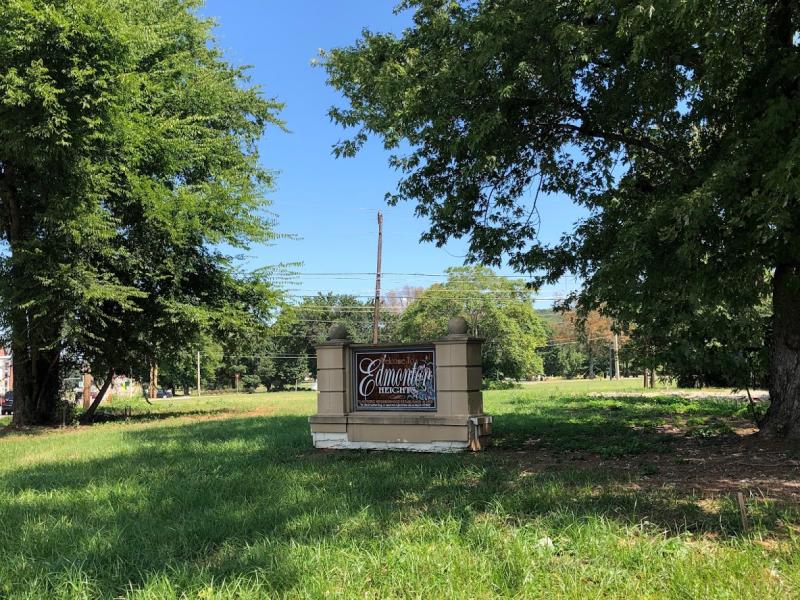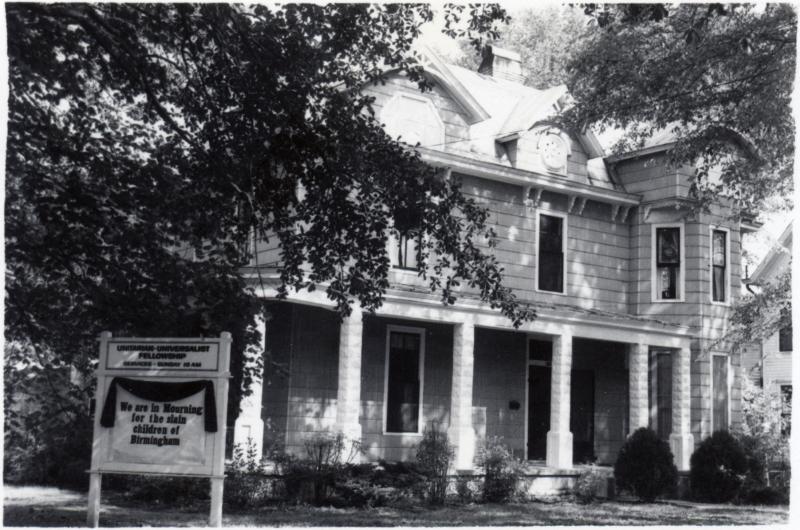
Huntsville's Role in Civil Rights
Exploring Huntsville's role in the Civil Rights Movement is easier than ever, thanks to a new effort by the Rocket City Civil Rights project – the Rocket City Civil Rights Driving Tour, which brings stories to life by allowing you to learn about them in the places they actually happened.
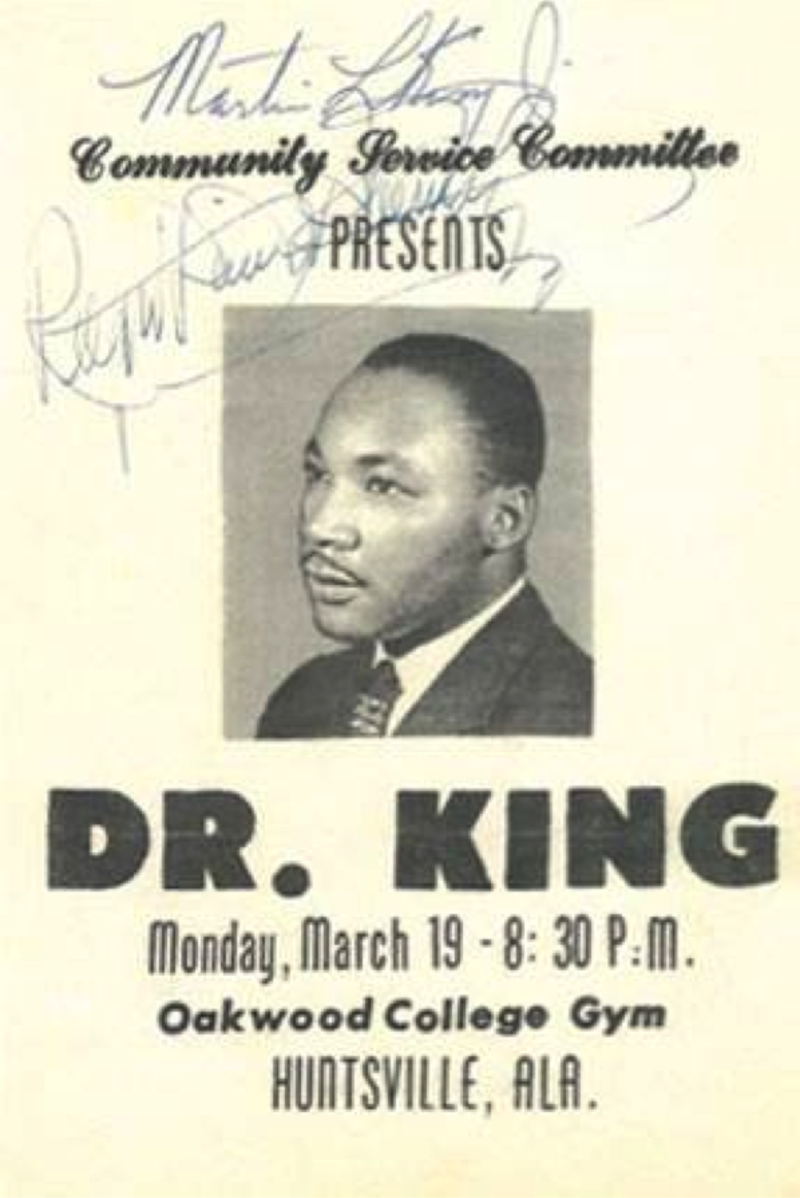
The RCCR driving tour currently includes 17 sites, spread over central, north, and west Huntsville. New sites may be added in the future, and the public is encouraged to suggest sites of significance for potential inclusion.
Rocket City Leads the Way with Key Leaders and Integration
The tour includes locations of once-segregated businesses where protests took place, as well as landmarks that were home to milestones of integration. The first public school in Alabama to integrate, for example, was in Huntsville.
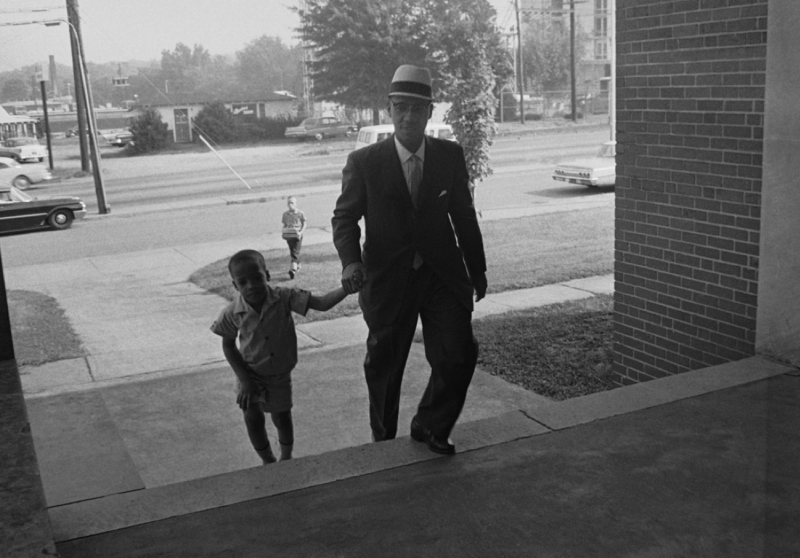
It includes homes and businesses of leaders who played key roles in Huntsville's civil rights history, like Dr. Sonnie Hereford, who was once the only African-American doctor to practice at Huntsville Hospital and whose son was the first African-American to integrate a public school in Alabama, and Dr. Joseph Lowery, a local civil rights pioneer who co-founded the Southern Christian Leadership Conference and performed the benediction at President Barack Obama’s inauguration.
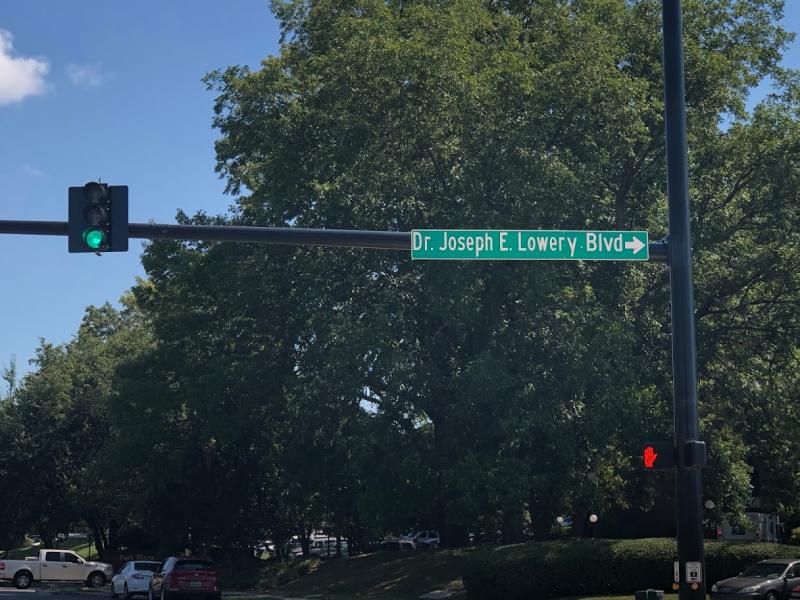
Among many others, the driving tour also includes sites related to Martin Luther King’s visit to Huntsville in March 1962, within a year of which Huntsville became the first integrated city in Alabama.
Experience History Through Video, Audio, Photos and More
In addition to the Driving Tour, RCCR also offers a collection of audio interviews, video interviews, and primary source material related to Huntsville’s Civil Rights history, giving those who enjoy the tour an opportunity to delve even deeper into the history it covers.
